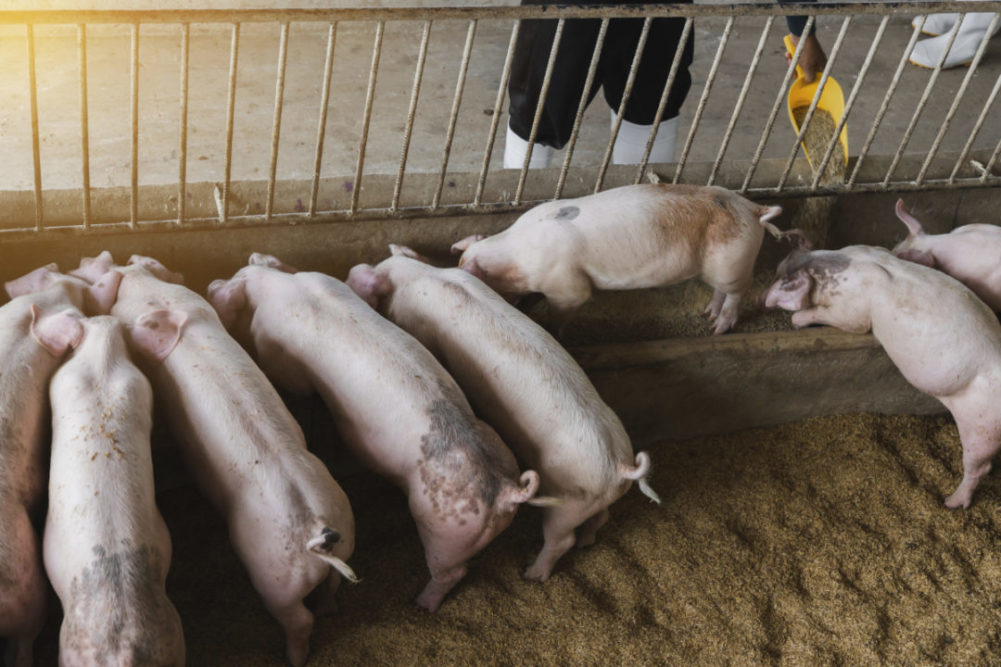WASHINGTON – In response to confirmed cases of African swine fever (ASF) in the Dominican Republic, the US Department of Agriculture’s (USDA) Animal and Plant Health Inspection Service (APHIS) announced plans on Aug. 26 to set up a protection zone to prevent the animal disease from spreading into Puerto Rico and the US Virgin Islands.
As part of its continuing efforts to respond to the detection ASF in the Dominican Republic (DR) and prevent its introduction into the conterminous United States, Puerto Rico, and the US Virgin Islands, APHIS is preparing to establish a Foreign Animal Disease protection zone in Puerto Rico and the US Virgin Islands. ASF has not been detected in Puerto Rico or the US Virgin Islands, and USDA is committed to keeping it out of both islands and the rest of the United States. Out of an abundance of caution, APHIS is taking this additional action to further safeguard the US swine herd and protect the interests and livelihoods of US pork producers.
As part of guidance from the World Organization for Animal Health (OIE), the protection zone will restrict movement of live hogs and pork products from the targeted region and provide surveillance to detect the disease as well as provide public education to provide biosecurity measures to be taken at production facilities and notifying animal health officials of any positive cases.
According to the USDA, protection zones are set up in regions that are free of the disease, but at an increased risk due to the proximity of neighboring countries where ASF has been detected.
“APHIS has concluded that this is a prudent course of action in response to the detection of ASF in the DR,” said the USDA. “Once the OIE recognizes the protection zone(s), APHIS will work to confirm that individual countries recognize and accept the zone(s). Their recognition will ensure the continued flow of US pork and live swine exports”.
Since the Dominican Republic outbreak, APHIS has offered its technical expertise to facilitate surveillance, quarantine processes and depopulation and disposal methods. The agency also provided animal testing services and supplemental personal protection equipment for people working with animals in the country, not only in the Dominican but also in Haiti, which is free of the disease to date.
During a recent webinar hosted by the North American Meat Institute, biosecurity and building relationships with local animal health officials was recommended by KatieRose McCullough, NAMI’s director or regulatory and scientific affairs.
“It is the time to be extra vigilant and make sure establishments have their foreign animal disease protocols in place before something happens,” McCullough said.
“Building up that goodwill could help you tremendously in the long run if your plant is positive or if your plant finds itself in a controlled area of a foreign animal disease outbreak,” she added.
APHIS is confident that its many existing preventive measures and mitigations, along with the additional measures underway and announced today, will protect our livestock industry from ASF and ensure the continued export of pork.


